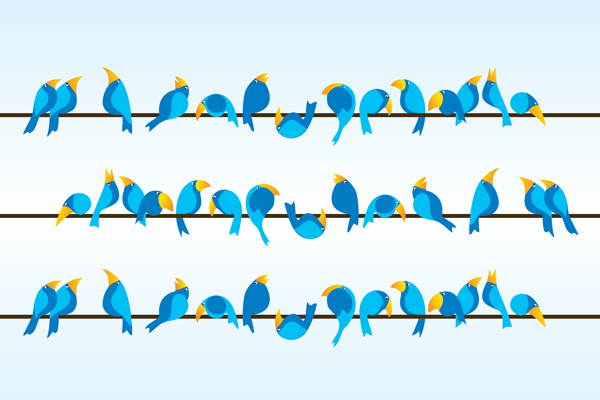The war for talent in the independent broker-dealer industry is real, say recruiters. Whether it’s giant firms like LPL cutting admin fees or midsize companies offering niche services like impact investing, the companies in this space are having to step up to offer better technology for their advisors, offer better back office help and better transition help. … And a nice payout isn’t bad either.
“We’re about to see recruiting wars in the independent space like we’ve never seen before,” says consultant Jeff Nash, CEO of BridgeMark Strategies. “We absolutely are seeing new dollars. … Looking at all the institutional money coming into the space, it had to then kick off a whole new wave of recruiting dollars. And it has.”
IBDs have been able to pay 90% to 95% of gross dealer concession back to advisors as part of their payout. But that’s because they are making their money off the advisors in other ways, often with high administrative fees, affiliation fees, platform fees and markups on funds (the terminology often differs depending on the firm).
When it comes to those fees, recruiter Barbara Herman of Diamond Consultants says advisors need to look at the business they are already doing if they want to move, then see what it’s going to look like on the new platform, and decide if it makes sense for them. Payout is only the beginning of the story. “There are a host of other expenses that reduce that top-line payout,” says Herman. “So there’s a lot of homework the advisor has to do so that they can compare apples to apples. There are some firms that might have 20 pages of calculations that take an advisor from the top-line payout to the net payout before the advisor’s personal business expenses. There are other firms that can do it in two pages.”
Sometimes, the 95% payout might not be on $100 in. There might be some haircut before the money enters the grid, and thus the advisor is getting 95% of $95, she says.
“Advisors really have to go through the exercise of doing a pro forma and understand what they are going to be paying for,” Herman says. When advisors have an issue, it’s often not the fees themselves but the nasty surprise that they’re paying it. There’s especially a shock for those coming into the broker-dealer world after working as employees, say at wirehouses.
To increase their appeal, some of the biggest broker-dealers have started knocking those fees down or negotiating them. The difference for things off the payout grid can have an enormous impact on an advisor’s overall pay.
Many of the largest IBDs like LPL, Raymond James and Commonwealth Financial Network are starting to look a lot more like national RIA firms. Moreover, the number of their reps that have dropped their Finra licenses and opted to go RIA-only is rising.
About 90% of all revenues are now recurring fees at Commonwealth Financial Network, and its CEO Wayne Bloom expects the number of reps going RIA-only to rise significantly in the next few years. This trend was underway even before the DOL rule was introduced in 2016.
Broker-Dealers Go Courting
August 2019
« Previous Article
| Next Article »
Login in order to post a comment









